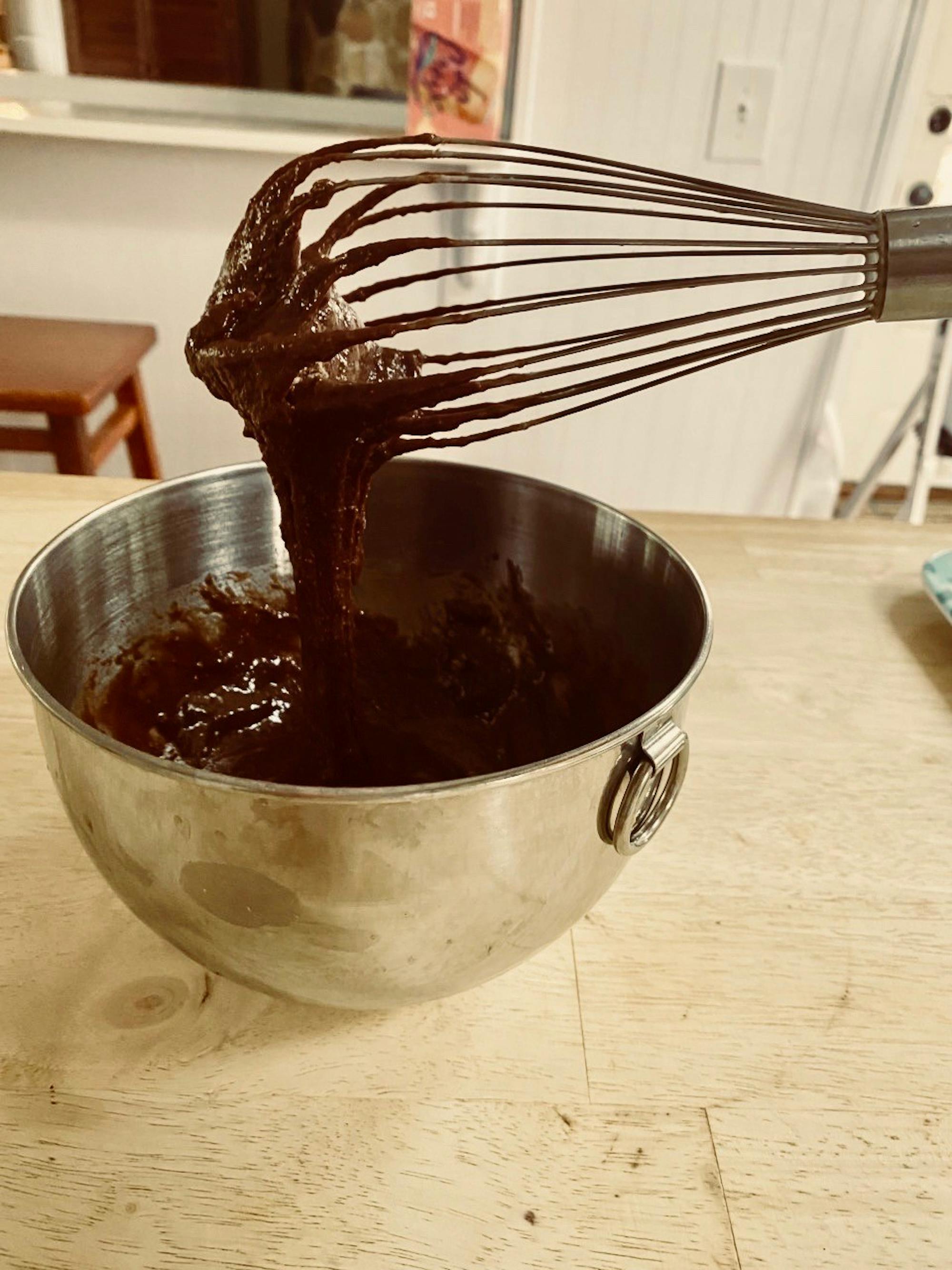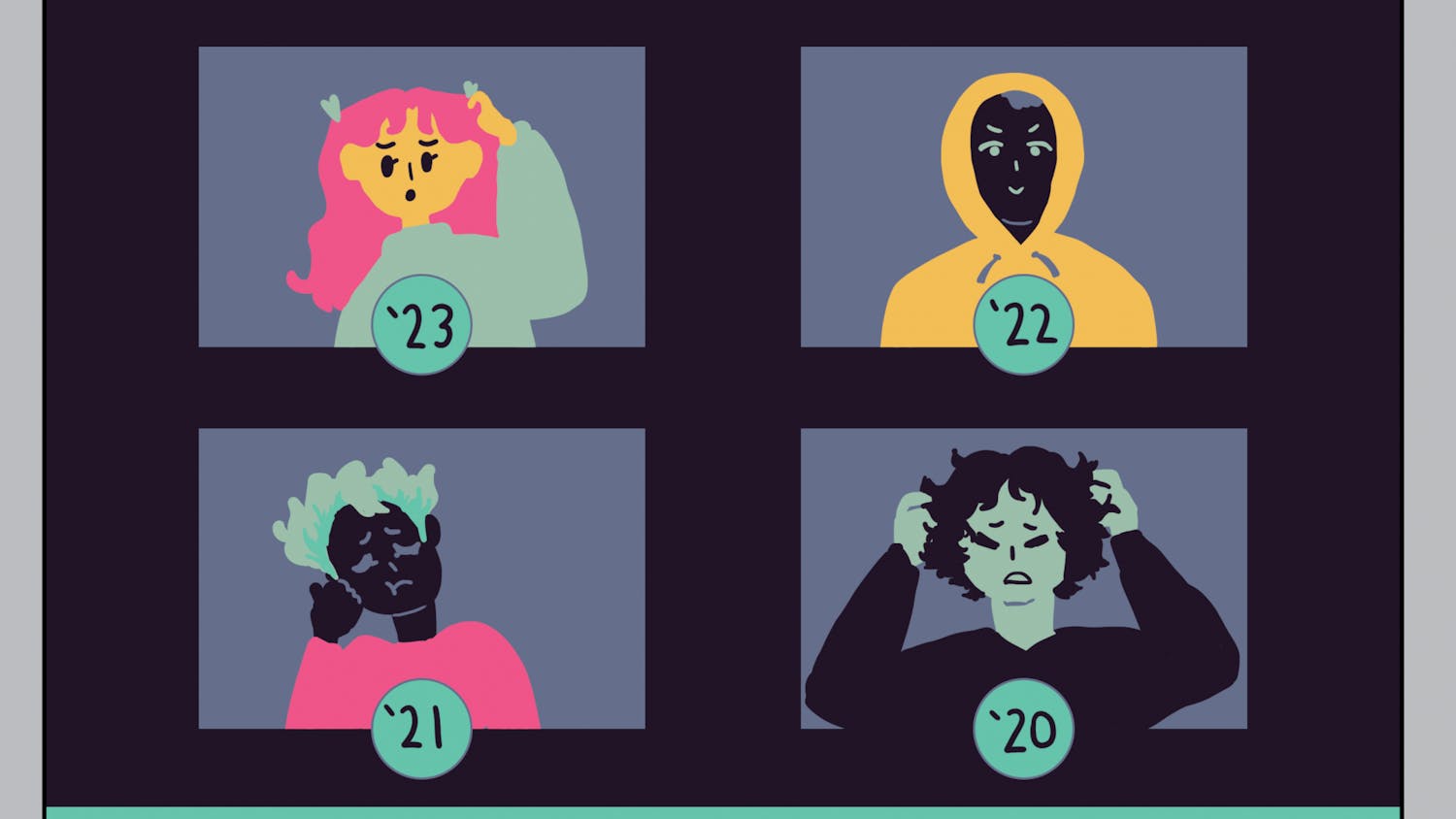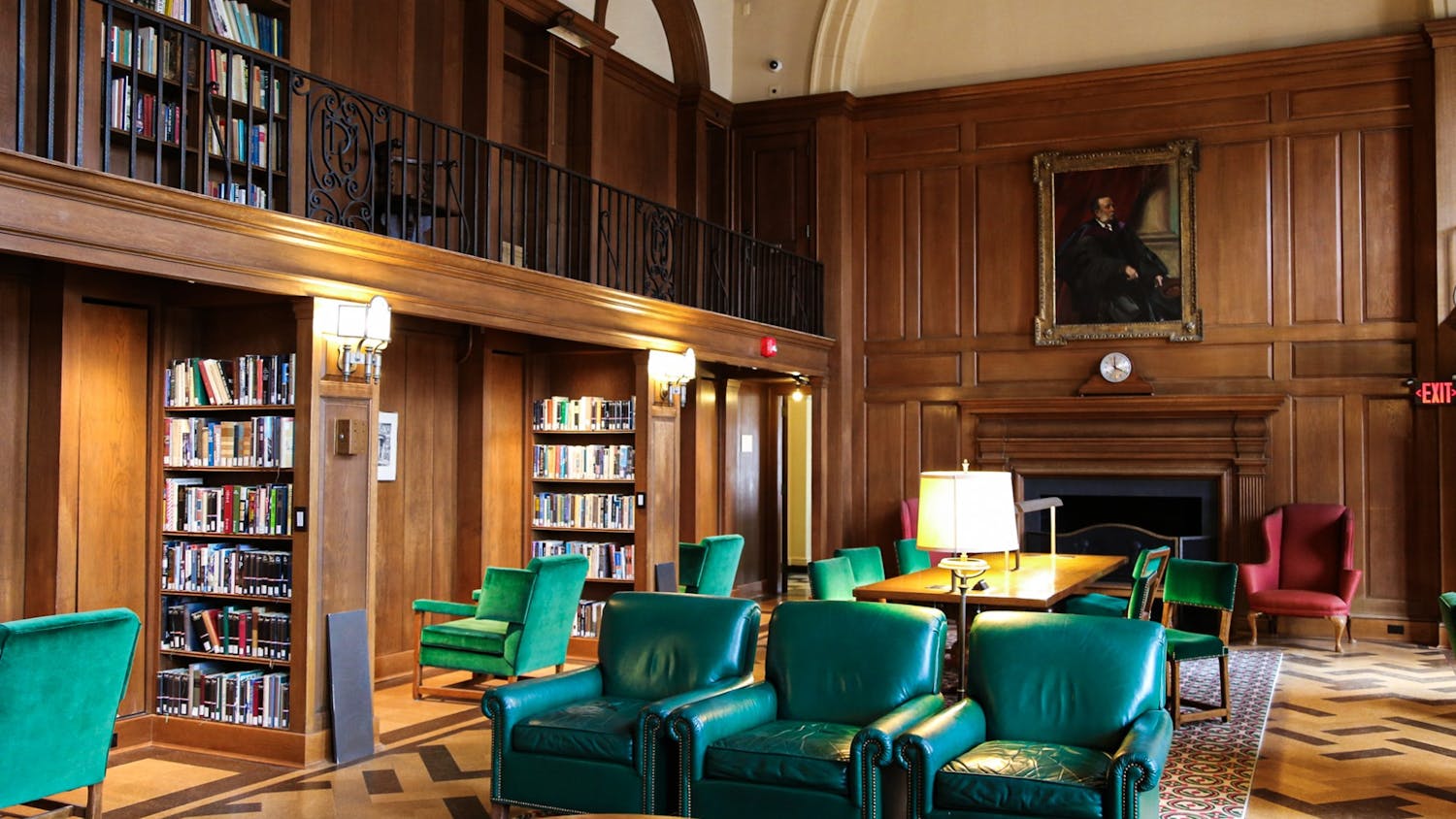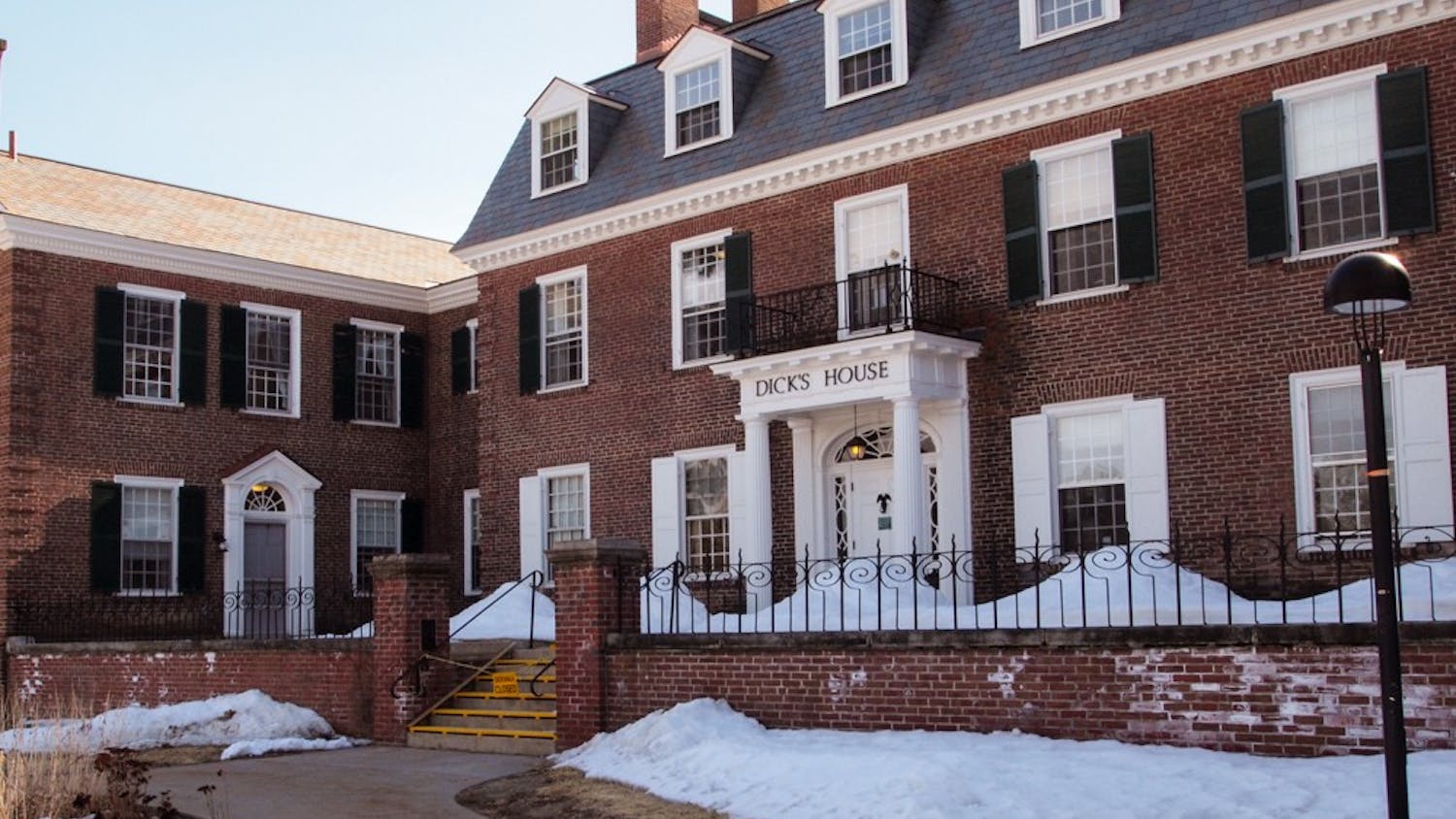For Dartmouth students lucky enough to not have pressing safety and financial concerns, the COVID-19 pandemic has led to an unexpected surplus of free time spent at home. Many students are filling the newfound time with hobbies both old and new.
When he was a child, Lewis MacMillan ’23 and his father used to build and paint model planes and ships. He had stopped building models when he was 10 years old, but when he got home from Dartmouth and found a few unused kits, he picked the hobby up again.
“It’s fulfilling but mindless,” MacMillan said. “It doesn’t require a lot of thought, but I think it’s more productive than watching TV.”
Usually, MacMillan fills his time with physical activities like running and biking, but current circumstances have pushed him to adapt his daily routine. He’s noticed a pattern of childhood activities resurfacing — MacMillan said that a friend of his started making friendship bracelets again, something he hasn’t done in years.
Simple hobbies often fall by the wayside as students reach high school and begin building their resume with college-friendly extracurriculars.
“You kind of lose sight of stuff that’s fun and meaningless,” MacMillan said.
Chithra Singareddy ’22 has taken up embroidery, with the goal of gifting her finished works to her friends. She’s currently stitching a pattern of a rat nibbling on strawberries onto a canvas tote bag — a present for a friend who conducts neuroscience research with rats.
“Making stuff for other people is another way to connect with them,” Singareddy said. “We have to maintain our relationships during this time.”
Singareddy likes making crafts that produce something you can wear. She works at the jewelry studio at Dartmouth, but since she can’t make jewelry at home, she has turned to buying clothes at thrift stores and using embroidery to personalize them.
“I have always loved clothes and the self-expression of wearing things,” she said. “Sometimes, thrifted clothing is almost there, but not quite how you want it to be, and that made me want to take hold of how I want my clothes to look.”
Singareddy has spent around ten hours on the tote bag and predicts that it’ll take another seven or eight hours to complete. She cited the major time commitment of her hobby as the reason that she has taken up this activity now, and not while she was on campus.
“At Dartmouth, sitting down and donating seventeen hours to something that doesn’t further my education or my career … it’s not that it isn’t productive, but it’s that you feel guilty about not doing work,” she said. “I wish I could. I really do.”
Singareddy thinks that hobbies can have more beneficial effects than just alleviating boredom.
“Every Dartmouth student could use some sort of form of creative outlet,” she said. “The fact that Dartmouth is so fast-paced that you don't have time for a creative outlet that's not furthering your education or your career puts a lot of students [at a] mental health disadvantage.”
Jennifer Qian ’22 had never done yoga before, but while in quarantine, she and her friends set up a schedule to do yoga together over Zoom.
“We feel like we did something together,” Qian said. “It’s fun to find things to bond with friends over instead of just FaceTime-ing them for hours.”
As a member of the ultimate frisbee team at Dartmouth, Qian usually exercises during practice. During this remote term, she’s trying to maintain her group workouts.
“It keeps me more accountable because if I'm waking up late but I agreed to do yoga, then I'll do it,” she said. “But if it was just myself, I'd probably just lay in bed for longer.”
Qian emphasized that access to social media platforms may help students stay connected during isolation.
“I think my relationships won’t really suffer that much,” she said. “I’m very close with my friends, and we make active efforts to stay in touch. Even though we won't be talking as much, I feel like everyone's talking less, and there’s just a mutual understanding.”
Sasha Kokoshinskiy ’22 embraces this idea of connection over social platforms by creating videos on TikTok with his younger brother. The two began making videos when Kokoshinskiy came home from Dartmouth during the winter interim. The brothers have picked it back up in the past few weeks, with the goal of posting a video every day of quarantine. Their most recent video currently has over 150,000 views and 25,000 likes.
“Maxim [Kokoshinskiy’s brother] is the whole operation behind this,” Kokoshinskiy said. “He's just very naturally creative and has a drive to make the video perfect.”
Kokoshinskiy said that he enjoys making the videos because the rigorous process leads to a feeling of satisfaction and capability.
“Regardless of how many views or likes it gets, we still enjoy making the TikToks,” he said. “It’s something that gives you an extra boost in the day.”
The Kokoshinskiy brothers were part of a local recreational dance group when they were younger, and have since played a lot of the video game “Just Dance.” Now, they teach themselves dance moves through YouTube and TikTok.
“Hopefully, by the end of the quarantine, you’ll see us as backup dancers for a pop star,” Kokoshinskiy said jokingly.
The two brothers have always been close, but Kokoshinskiy says that making videos has allowed them to learn more about each other and given them a memory to share.
“I think what people are really looking to do is create something tangible in order to remember the experience,” Kokoshinskiy said. “Because everyone’s alone, they want to see some sort of personal growth, whether it’s in reading ability or the creativity of their TikToks or the size of their muscles.”
Kokoshinskiy is also spending his free time running and doing one hundred push-ups a day.
“I’m trying to make this a ‘Hot Boy Quarantine,’” he said, laughing.
Every term on campus, Kokoshinskiy participates in plenty of activities. Now he’s found himself with a lot more free time, and he wants to take advantage of it.
“Dartmouth students sometimes don't put ourselves first and try to do something for ourselves,” Kokoshinskiy said. “I think that during this time, that's something that we can actually do.”
Although this period has allowed certain students to revisit old hobbies or create new ones, MacMillan noted that the capacity to take up a hobby may depend upon a student’s level of privilege.
“Richer people can afford to have hobbies more,” he said.
There’s currently a popular narrative that quarantine is a blessing, in that it’s an opportunity to create something great — “Shakespeare wrote King Lear in quarantine!” But this is an unfair expectation. People everywhere, including Dartmouth students, may be dealing with high-stress circumstances that deny them the time or mental space to think about hobbies. But for those who are lucky enough to have the capacity for hobbies, they can help to alleviate the daily stress of a pandemic.
“Some of these days in quarantine are pretty sad,” Kokoshinskiy said. “You feel lonely, you miss your friends, you miss the family that you don't get to see and the opportunities that you missed out on. It's important for us to have that daily dose of happiness and success.”
Singareddy hopes that the students who are picking up quarantine hobbies, including herself, incorporate those hobbies into their Dartmouth lives.
“Outside of the creative outlet aspect of it, we're all developing a lot of really useful skills,” she said. “We should try to maintain those so we can be more well-rounded people.”




